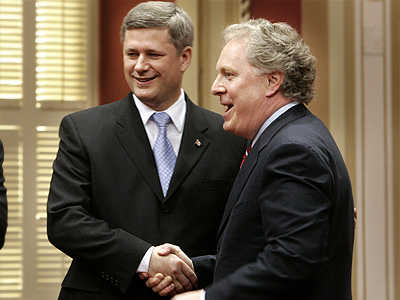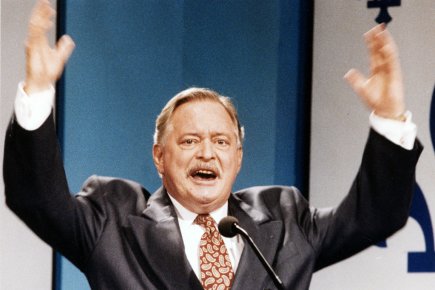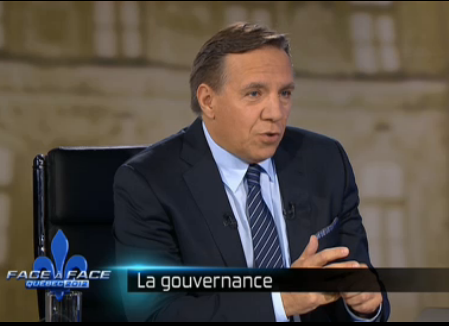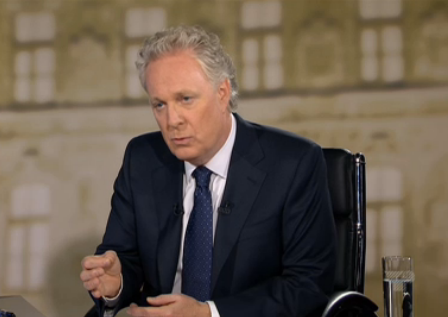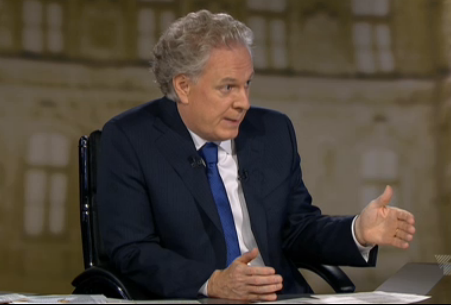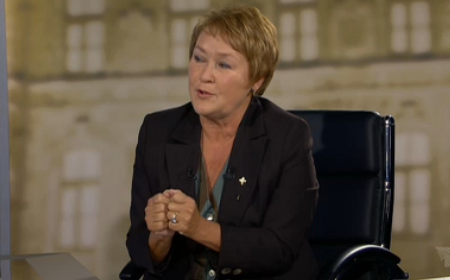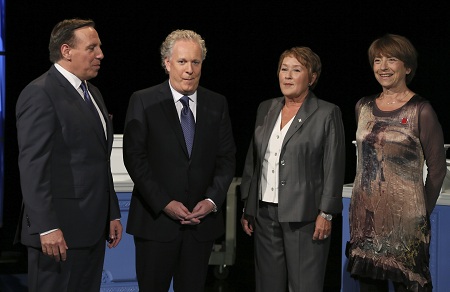With all eyes on Québec’s election next Tuesday, federal Canadian politics has somewhat been on the backburner for the past month.![]()
![]()
But what are the consequences of the election in Canada’s second most-populous province for federal Canadian politics?
By and large, federal politics is highly segregated from provincial politics. While there’s some overlap, provincial parties do not necessarily line up with national parties (for example, in Alberta, both the Progressive Conservative Party and the Wildrose Party are considered ‘conservative’ by federal standards and both parties attracted support from the federal Conservative Party in Alberta’s provincial election in April 2012). That’s especially true in francophone Québec — the province has greater autonomy than most provinces, historically leans more leftist than the rest of Canada, and features its own separate federalist / sovereigntist political axis that is unique to Québec.
Nonetheless, a possible win by either of the three major parties — a fourth-consecutive term for premier Jean Charest and his Parti libéral du Québec (Liberal Party, or PLQ), Pauline Marois and the sovereigntist Parti québécois (PQ) or former PQ minister François Legault’s newly-formed Coalition avenir Québec (CAQ). — could affect federal Canadian politics in subtle ways.
Prime Minister Stephen Harper and the Conservative Party
There’s little downside for the federal Conservatives in any case, especially considering that Harper hasn’t devoted time or effort to backing anyone in the Québec race.
Charest, of course, once served as the leader of the federal Progressive Conservative Party in the 1990s before moving to provincial politics — the Progressive Conservatives ultimately merged with Harper’s Western-based Canadian Alliance in 2003 to become the Conservative Party. Although Charest has been a staunch federalist in nearly a decade of leading Québec’s government, he hasn’t always had the best relationship with Harper (pictured above, left, with Charest). That’s partly due to the tension between a provincial premier and a federal prime minister, but Harper, in particular, is still thought to feel somewhat burned after intervening on behalf of Charest in the final days of the 2007 Québec election.
Harper provided $2 million in additional federal transfers to Québec that may well have helped premier Jean Charest narrowly win that election — Charest proceeded to use the funds to pass $700 million in tax cuts instead of for extra services, causing Harper problems with his allies in other provinces. Continue reading What effect will the Québec election have on Canadian federal politics?
